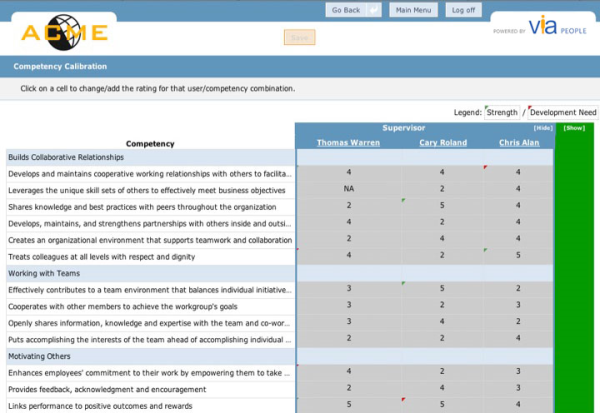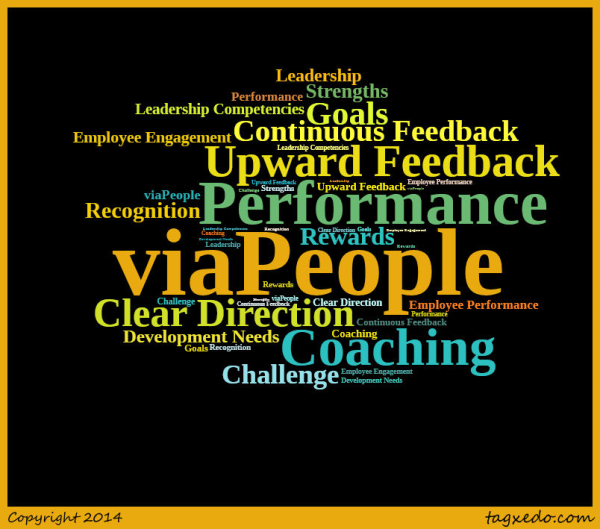Integrating upward feedback into the performance appraisal process can transform the traditional review process. In a recent article, Improve Performance Appraisals with Upward Feedback, I recently wrote about the powerful benefits that can be achieved, including: Increased accuracy of leadership performance ratings, Improved leadership performance through targeted feedback and development plans, Early identification of great/problematic leaders through objective insight, and The development of a feedback-rich organizational culture. Despite the effectiveness of upward feedback, many organizational leaders still express concerns about including feedback from direct reports in the process of evaluating leadership performance. The 3 greatest concerns that I have heard expressed by upward feedback critics are: Employee Fear of Identification – Employees will be nervous about providing candid feedback about their managers for fear that their manager will be able to identify what they said. As a result, the feedback offered by direct reports will be less than truthful and positively skewed. Lack of Skills - Most employees do not have the requisite skills to accurately rate performance and provide objective and constructive commentary. As a result, the feedback gathered from direct reports as a part of upward feedback is not accurate or helpful. Gaming the System -Managers will naturally feel anxious about receiving feedback from their direct reports on their performance and will therefore take steps to influence their ratings. They may take action to make a recent positive impression on direct reports or even offer something in exchange for ratings. 5 Tips for Effectively Implementing Upward Feedback If implemented properly, organizations can avoid the 3 concerns described above and take full advantage of upward feedback. Build Support for the Upward Feedback Process. Provide orientation and communication to help people managers understand the benefits of upward feedback. We cannot expect people managers to be open to the process if they do not connect with the ways in which it will help them to be better leaders. When managers are open and convey a positive outlook about the process, employees will feel more comfortable in offering their feedback. Target Feedback - Employees are best able to evaluate very specific aspects of their manager's performance. As such, ask employees to offer feedback on performance criteria or competencies that they have the opportunity to observe, for example providing direction, communication, coaching, and managing performance. Read more about the specific leadership behaviors that influence employees in Leadership Competencies Impact Employee Performance - Making the Connection. Ensure Anonymity - In order to optimize the accuracy of upward feedback, employee anonymity must be protected. As in any change process, steps should be taken to communicate and reinforce anonymity in every phase of the process. Online performance management systems can make it easy for organizations to limit access rights and ensure the anonymity of data. Offer Feedback Tools - Prepare employees to offer feedback that is professional, helpful and constructive during the upward feedback process by giving them the resources they need. Consider offering training webinars and just-in-time job aids to assist employees making ratings and crafting comments. This orientation should include tips for making accurate ratings, avoiding rater biases, and guidance on how to write objective comments. Make Sure Managers Use Their Feedback - While gaining the support of people managers for implementing upward feedback is a critical first step, organizations must also equip them to understand and take action on the feedback received. If leaders do not take it to heart and work to address potential performance issues, employees will be less likely to offer helpful feedback in the future. Organizations can approach the upward feedback process in the same way they would a 360 degree feedback process. The steps outlined in 7 Tips for Getting the Most Out of Your 360 Degree Feedback is a good place to start. viaPeople's Performance Management software can make it easy for you to implement upward feedback in your company. Click below to see it in action! Photo Source: Ambro via Freedigitalphotos.net
Read More











